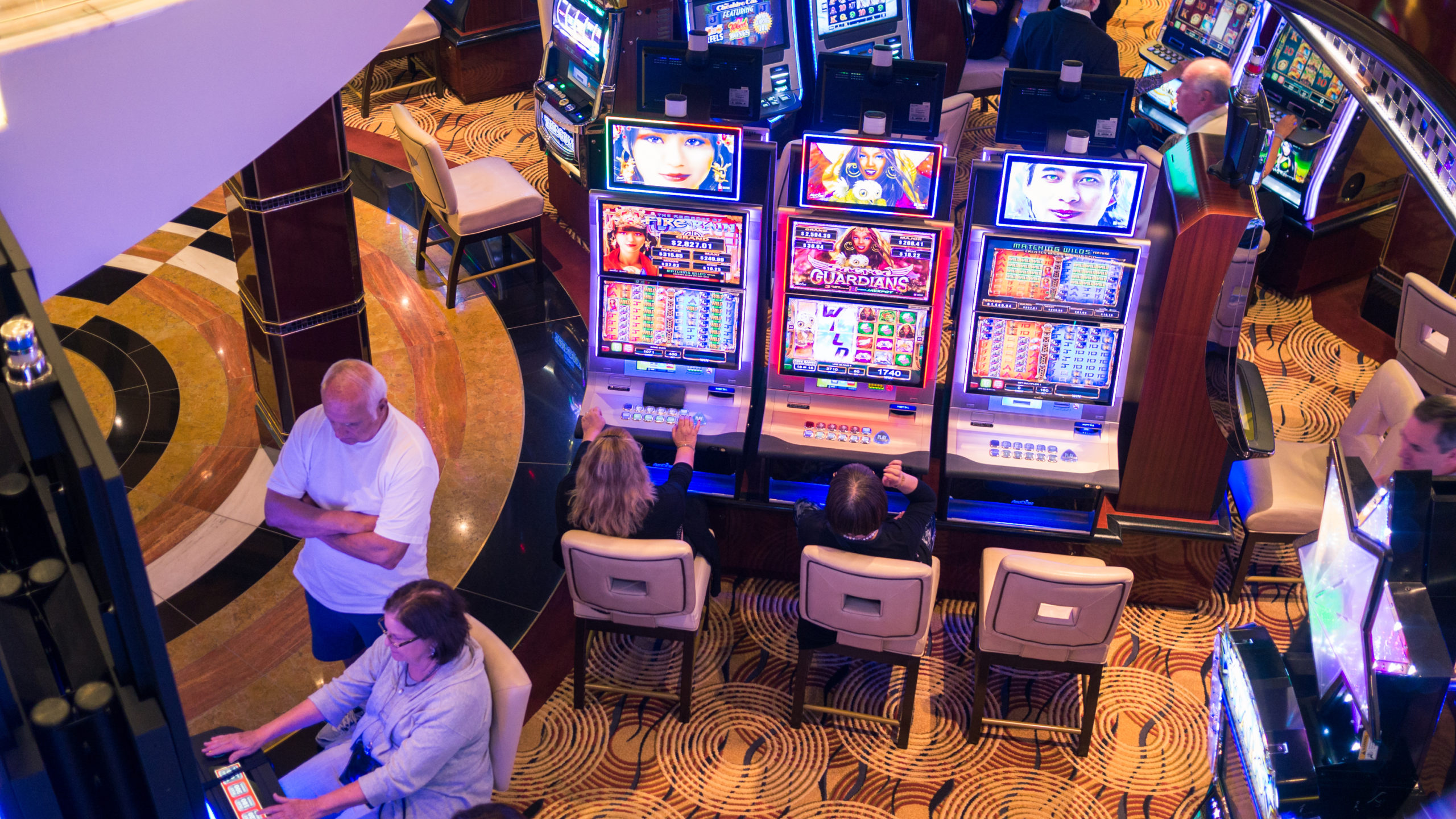
Gambling games have long captured the imagination of humans around the globe, becoming an essential part of both entertainment and tradition. From the sparkling lights of the Vegas Strip to the captivating experience of internet gambling, these games evoke enthusiasm, risk, and sometimes even a sense of remembrance. They are beyond simply pastimes; they have woven themselves into the texture of human experience, influencing various aspects from film and melodies to clothing and writing.
The appeal of casino games goes beyond the betting aspect, tapping into wider themes of luck, possibility, and human behavior. As players convene around a gaming table or rotate the roulette wheel, they engage in an age-old ritual that echoes with our shared desire for adventure and instability. This fascination has led to the emergence of countless references in films, tracks, and electronic games, showcasing how deeply entrenched these activities are in popular culture. Whether it is the intense drama of a classic robbery film or the lively nightlife portrayed in music videos, casino games have carved out a substantial role that reflects our bond with risk.
Historical Impact of Gambling Games
Gambling activities have played a pivotal role in cultural aspects throughout history. Originating from ancient civilizations, games of chance were often connected to ceremonies or gatherings. For instance, early iterations of gambling can be linked back to historic China and the Romans, where die games and betting on outcomes were common pastimes. These games not only served as leisure but also as methods of connecting people, facilitating connections among people within societies.
As societies evolved, so did the complexity and structure of casino games. The creation of formal casinos in the 17th century, particularly in Italy, marked a notable shift in how games were viewed and structured. With specific spaces for gambling, the casino became a community center where people from different backgrounds convened. This evolution contributed to the validation of gambling, transforming it from a mere pastime into an established industry that influenced the economy and policy.
The effect of casino games on mainstream culture cannot be overlooked. As they were popularized in literature and movies, games such as poker and blackjack became icons of chance, luck, and tactics. Iconic figures and stories have developed around these games, reflecting societal attitudes towards luck, wealth, and immorality. This fascination with gambling games has permeated various forms of media, cementing their status in the collective consciousness and connecting them to wider cultural narratives throughout the ages.
Depiction of Casino Games in Media
Casino games have long been a popular topic in different types of entertainment, reflecting both the fascination and intricacies of the world of gambling. Movies such as Ocean’s Eleven and Casino Royale portray characters who navigate high-stakes environments, showcasing not only the attractiveness of the gambling environment but also the strategies and decisions that come with playing popular games like poker and 21. These movies often dramatize the excitement of winning and the potential consequences of losing, encapsulating the perils involved in gambling.
Television shows have also explored the universe of gambling activities, often integrating them into the storyline as a backdrop for story progression and conflict. Series like Las Vegas depict the stories of gambling employees and patrons, highlighting the dynamic, often tumultuous energy of the gaming floor. Docuseries featuring high-stakes gambling competitions further emphasize the appeal of casino games, drawing viewers into the tension and strategy involved in each game. Through these portrayals, media not only amuses but also prompts conversations about fortune, skill, and the character of chance.
Gaming have increasingly included gambling activities into their structure, allowing players to experience the experience of betting without financial exposure. Games within the landscape of digital gaming often include online slot machines, poker, and other popular casino games, creating an engaging environment that mirrors real-life gameplay. These virtual portrayals make casino games accessible to a global audience, appealing to both risk-takers and those who enjoy the thrill of simulation. As a result, the representation of casino games in entertainment continues to shape societal views and cultural significance, highlighting their place in entertainment and culture.
Effect of Gambling Activities on Society
Casino games have a significant impact on communities, influencing various aspects of culture and social behavior. They often serve as a venue for social interaction, where people come together to enjoy a shared activity. Game nights with friends or trips to casinos become group events that foster connections and create memories. This collective aspect boosts the entertainment value of gambling activities, making them a popular choice for celebrations and recreational pursuits.
Additionally, casino games have been depicted in numerous films, television shows, and literature, shaping views and opinions towards gaming and gaming. Icons like James Bond playing baccarat or the intense poker scenes in films have embedded these games in the collective imagination. This representation often idealizes the culture associated with casino activities, attracting new players and influencing trends in both fashion and conduct. These representations can ignite curiosity and lead to a deeper investigation of the nuances of gaming.
Nonetheless, there are also negative implications associated with the popularity of gambling activities. khuyến mãi Miso88 The temptation of quick monetary gain can lead to gambling addiction and financial troubles for some people. Society must grapple with these issues, promoting responsible gambling and education of the dangers involved. Finding a balance between the fun aspect of casino games with the potential for harm is vital to ensure that they remain a positive aspect of our societal fabric.
